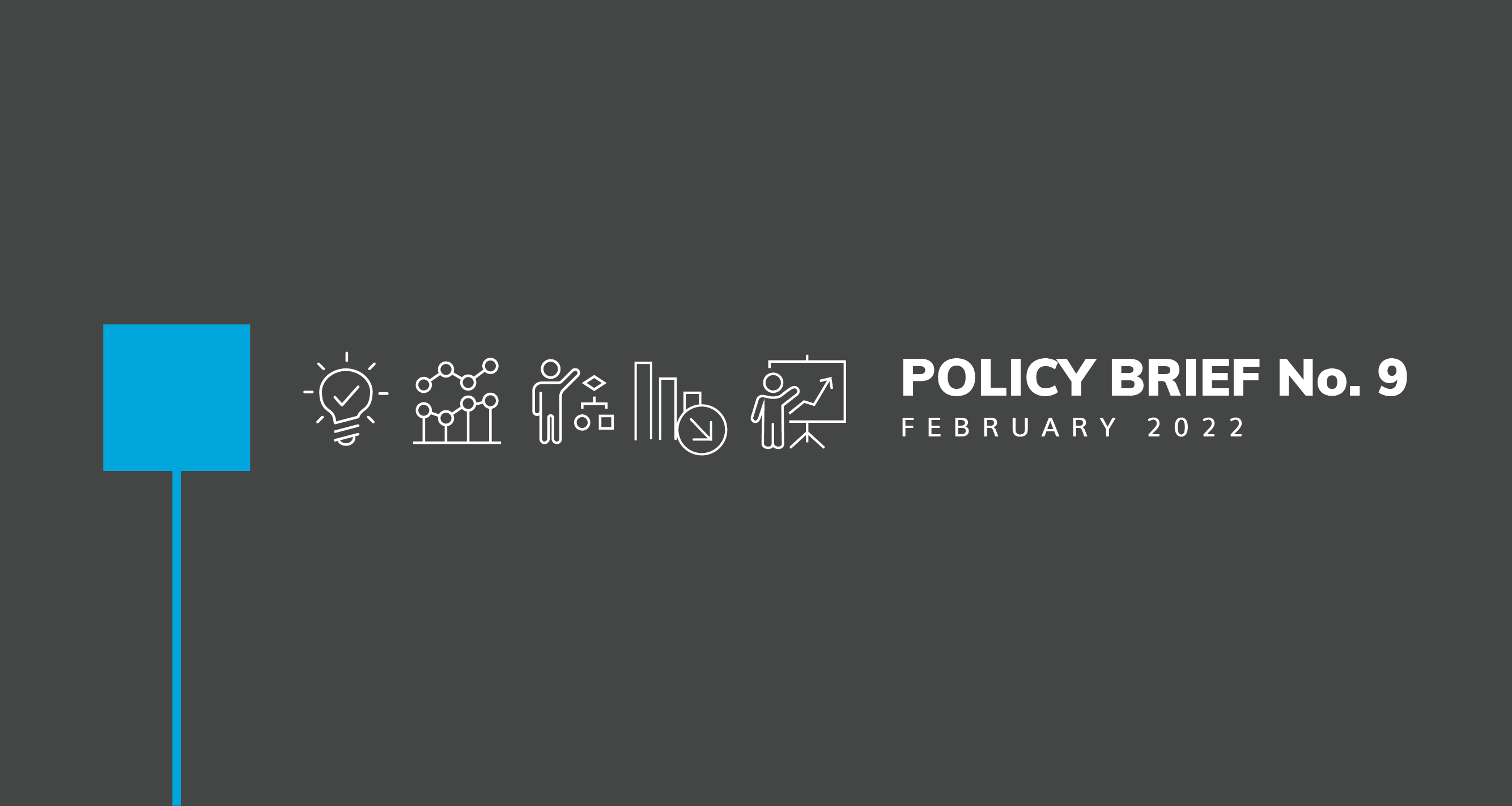There are challenges Latin America must address. The new generation of long-living old-adults need to finance their livelihood, and in…
Key messages
- High-quality open government data (OGD) strengthens transparency and vertical accountability. The result is improved decision-making and citizens’ enhanced trust in state institutions, which are crucial to reach a ‘renewal of the social contract,’ as proposed in the UN Secretary- General’s our common agenda (OCA) report.
- Data collected in Argentina, Brazil, and Mexico revealed that the quality of OGD regarding the spread of the COVID-19 virus varied among national and subnational governments across the region (in terms of accessibility, timeliness, disaggregation, and reusability) due to the lack of standardised criteria and variations in state capacities for the collection, systematisation and publication of data.
- Overall, Argentina and Mexico national states performed better than the average of their subnational counterparts, while Brazil experienced the opposite. The analysis showed that these governments had a better performance on data accessibility and timeliness than they did in terms of data reusability and disaggregation.
- Attaining established OGD standards may not be possible for governments that do not have the infrastructure needed to collect, systematise, and publish information. Enhancing multilateral collaboration to develop open data frameworks is crucial to achieving standardisation in information publication.
- To strengthen trust in governments and institutions, it is crucial to maintain high standards of integrity in OGD. Standardised and rigorous data monitoring and evaluation by external bodies need to be pursued to ensure integrity.


